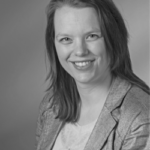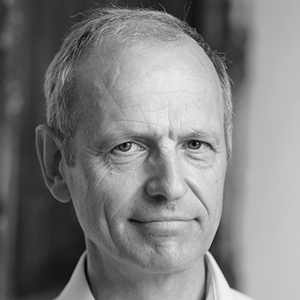
Hilde Verbeek
Hilde Verbeek is Professor of Long-Term Care Environments at the Department of Health Services Research, within CAPHRI, Faculty of Health, Medicine and Life Sciences. She is the Vice-chair of the Living Lab in Ageing and Long-Term Care (www.academischewerkplaatsouderenzorg.nl). This is an interdisciplinary and formal partnership of Maastricht University with nine long-term care organisations, Zuyd University of Applied Sciences and two vocational training institutes. For over 20 years the Living Lab has served as an infrastructure that drives scientific research in long-term care in co-creation with end-users, including older people and their relatives, health care professionals, policy makers and educators. The network covers approximately 185 long-term care facilities (e.g. nursing homes, assisted and group living facilities) as well as professional home care, and includes about 50,000 clients and more than 27,000 staff.
The research line of Dr. Verbeek focuses on innovations in long-term care for older people, especially dementia care. In particular, she studies effects of care environments (organizational, physical and social aspects) on residents, caregivers and the broader community, taking a trans-disciplinary perspective (psychology, nursing science, gerontology). Examples include small-scale, homelike care environments and green care farms. Her research contributes to the development of evidence-based interventions and design in long-term care. Results facilitate training of front-line care staff, and support policy makers in developing best practice strategies in organization of long-term care.
LIAS FELLOW

A healthy public debate about important societal challenges requires a common and scientifically sound basis.
Bart Pattyn
Co-Chair LIAS and member Board LIAS Foundation
Contact
- Pater Damiaanplein 9
- BE-3000 LEUVEN
- Contact
- +32 16 32 38 29


